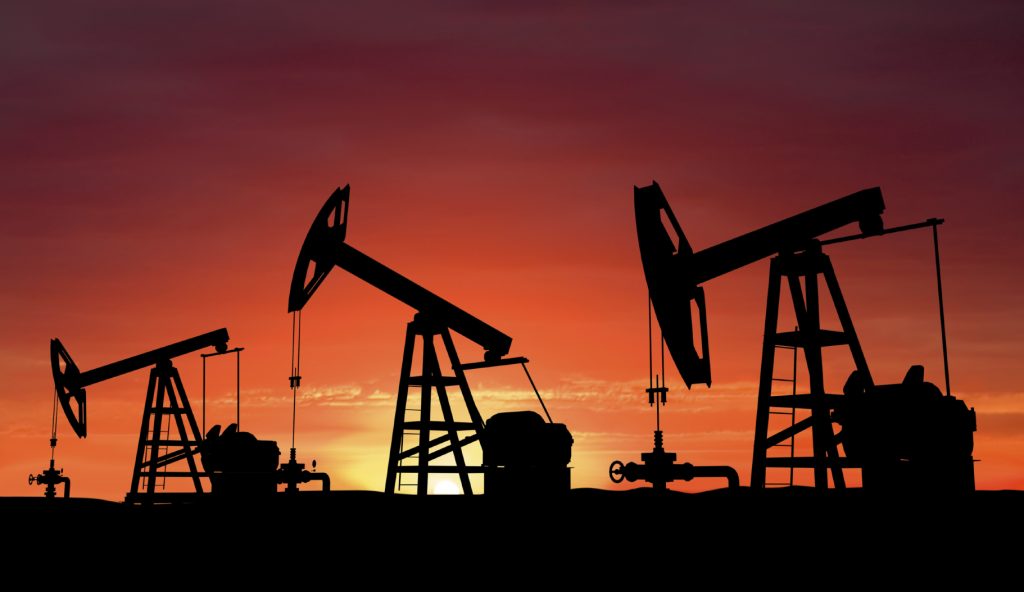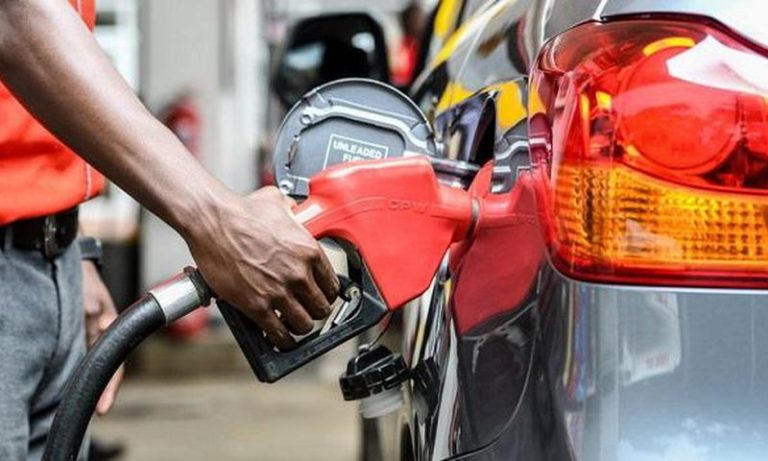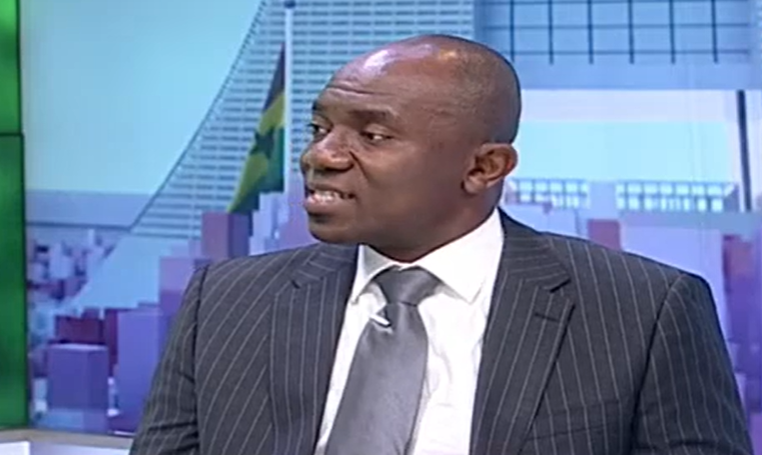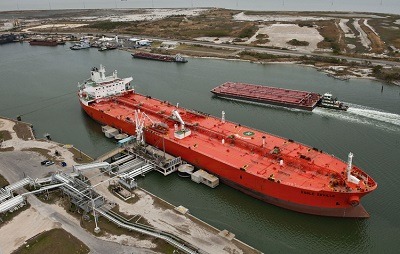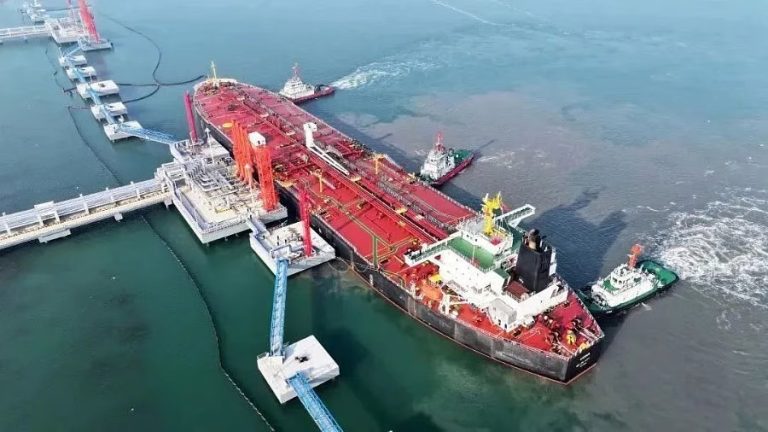Algeria has more drilling rigs than the rest of Africa combined, yet oil production still isn’t recovering after years of decline. It’s little wonder the nation remains one of the most vocal supporters of action to increase prices by curbing output at the OPEC meeting next month.
The Organization of Petroleum Exporting Countries has been hit hard by the decline in oil prices. Algeria, like other members, is rolling out economic reforms to deal with the consequences of the slump, which include the nation’s first current-account deficit in more than a decade. Unlike Saudi Arabia and Iraq, it’s been unable to soften the blow by boosting output.
“In the short term, for sure, the only hope is for prices to rise” because Algeria has little flexibility on production, said Alexandre Kateb, chief economist at Algiers-based financial services company Tell Group. “What it can do is on the level of diplomacy. Trying to influence other members within the organization and achieve some consensus.”
Decades after the discovery of Algeria’s first major oil fields in the 1950s, the nation’s exploration success rate has fallen to less than one well in five, according to data from state oil company Sonatrach Group. Last year, it drilled 149 wells and only made 22 minor finds. Crude output for the past two years has remained at about 1.1 million barrels a day, data compiled by Bloomberg show.
Algeria had 36 rigs drilling for oil last month, two thirds of the total for the African continent, according to data from Baker Hughes Inc. Nigeria, which produced 600,000 barrels a day more crude than Algeria in April, had just six operating rigs, the data show. While Algeria plans to buy eight more rigs this year, it isn’t making greater discoveries.
Algeria’s income from oil and gas exports, which account for nearly 60 percent of the economy and 95 percent of foreign receipts, has plunged by almost half since crude prices tumbled. While large currency reserves and low levels of foreign debt have helped the nation to weather the storm, a prolonged slump could threaten subsidies on housing and basic foodstuffs that curbed internal dissent since the Arab Spring.
Algeria’s economy is “facing a severe and likely long-lasting external shock,” the International Monetary Fund said May 19. The price of international benchmark Brent crude was about $48 a barrel Monday. That’s an increase of 77 percent from a 12-year low in January, but still well below the $87.60 the IMF says Algeria needs to balance its budget.
OPEC Policy
OPEC will meet in Vienna on June 2 to discuss output policy and Algeria looks set to continue its two-year push for action to boost prices.
The nation tried and failed in August to persuade fellow members to hold an emergency meeting to boost prices. Two months later, a joint effort with Venezuela to organize a summit of heads of state from OPEC and non-OPEC countries received little support. When it meets next month, the group should “focus on the interests of all countries,” by freezing production immediately to stabilize prices, Algeria’s Minister of Energy and Mines Salah Khebri said in an interview May 16.
All but 1 of 27 analysts surveyed by Bloomberg said OPEC won’t set an output target at the next meeting, as it sticks with Saudi Arabia’s strategy to squeeze out rivals including U.S. shale drillers by pumping near-record volumes.
Sonatrach’s vice president of exploration and production, Salah Mekmouche, said in December that its drilling efforts are yielding results. The country plans to raise crude output by 5 percent this year as fields discovered five to six years ago come online, he said. It is also shifting the focus of its drilling closer to existing production facilities, which would be simpler and less expensive to develop than new areas.
Algeria is a country that is under explored, said Sid Ali Betata, president of the National Agency for the Development of Hydrocarbon Resources, with an average of 15 wells per 10,000 square kilometers. However, drilling has become too expensive, he said.
Changing Perceptions
The nation lacks the funds and foreign investment needed to underpin a long-term recovery in output. Of the 31 oil and gas exploration blocks offered in tender in the last auction in 2014, only four permits were awarded. Corruption probes at Sonatrach, the threat of terrorism from both the regional al-Qaeda affiliate and Islamic State, and uncertainty over the health of President Abdelaziz Bouteflika, 79, has dimmed the nation’s appeal to investors.
The government is working to change perceptions. Algiers hosted a joint conference for foreign investors with the U.K. on Sunday and plans another with the European Union on Tuesday. In the long term it seeks to change regulations, increase deliveries of natural gas to Europe, develop renewables and increase energy efficiency.
This is not the right time to offer oil and gas exploration rights because low prices discourage companies from bidding, Energy Minister Khebri said in Algiers Sunday. “We are now engaged in direct negotiations with foreign oil and gas companies to seek their views for the right moment to hold the bidding round,” he said.
In the meantime, the drills will keep turning, but won’t do enough to solve the nation’s problems, said Mohamed Said Beghoul, a former director of exploration at Sonatrach and industry veteran of 30 years.
“We can’t just open a tap,” he said. “We have a problem with old installations, we have to renovate them.”
–
Bloomberg

